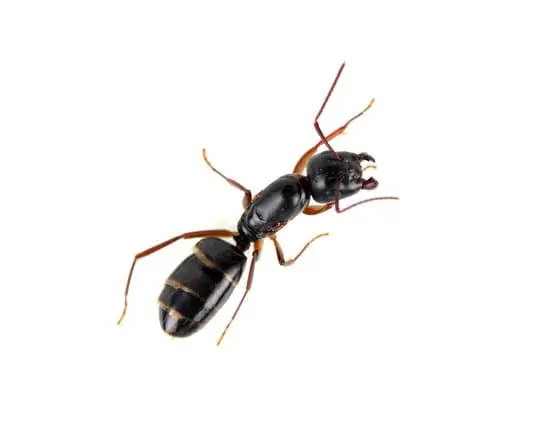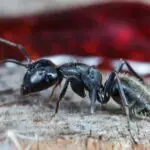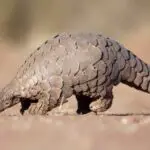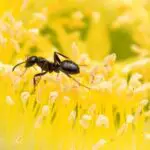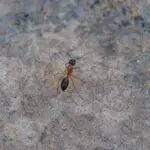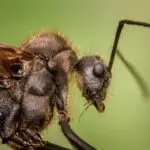How Do Ants Help the Environment?
ants play an important role in the environment. They are part of the natural world, and help to maintain a clean environment by removing dead animals, dead plant leaves, and discarded food. Ants also improve the soil, which helps plants to grow and thrive.
Ants help in many important processes, such as nutrient cycling, aeration, and seed dispersal. They are highly specialized and adapt easily to environmental changes. They are found on all continents, except Antarctica, and they have been on Earth for 65 million years.
Scientists from the University of Liverpool have discovered how ants are responding to climate change. Their study showed that lower densities of ants increased the density of herbivores and decreased the density of decomposers. By contrast, higher ant densities had the opposite effect. This resulted in increased diversity in other species living in the area.
Ants play an important role in soil aeration, which is the movement of CO2 and O2 between the earth and the atmosphere. Aeration is essential for plant growth and the formation of a healthy ecosystem. Ants create air pockets and create voids in the soil, which improves the circulation of water and nutrients.
They also help in decomposition of plant matter and animal waste. Ants build underground chambers where they can sleep and eat. This helps the soil to remain healthy and clean.
They are important in pest control, especially in agricultural areas. They prey on various kinds of pest insects, including termites and ticks. They can also be a threat to children and pets. They are also known to gang up on larger arthropods.
